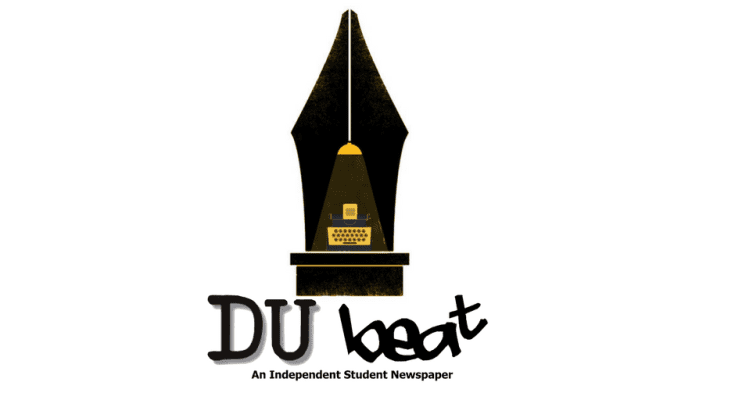With the introduction of reservation for ‘Economically Weaker Sections’ (EWS), the intake of students this year has increased. To manage this, the University Grants Commission has made an additional fund allocation of about Rs. 191 crores to the university and its colleges. This allocation has been made for the academic session of 2019-20 and 2020-21.
According to the letter, the funds allocated by UGC amounts to that of Rs. 143.76 crore. These funds cover ‘capital’, ‘salary’ and ‘recurring’ heads. The ‘capital’ has got the highest allocation of Rs. 120 crores whereas Rs. 47.24 crore has been allocated to the college under the salary and recurring heads.
The letter also stated that the additional funds granted under the capital head are to be sought from the Higher Education Financial Agency (HEFA).
Under this new scheme, Delhi University will have to pay 10% of the principal amount, while 90% is payable by the government.
However, this raises various concerns amongst the faculty over the EWS and funding issue as Rajib Ray, the President of the Delhi University Teachers’ Association, was quoted by The Hindu, “Till posts are sanctioned, imposition of EWS quota will cause displacement and the nature of appointment of additional teachers will be a matter of dispute.” This comes as a response to a direction given to DU to submit its proposal for the creation of posts as per requirement within the allocated funds. However, these funds were considered to be insufficient for this process. He also wanted the formation of a standing committee to look into how the grant would be divided.
Rajib Ray also says, “A Rs 120 crore loan entitlement from HEFA has been offered to the university for the building its own additional infrastructure and sharing the loan amount with colleges for theirs. So, the EWS reservation has been used to tie everyone to loan-based funding. What we are demanding is that the government should release grants for expansion, not loans. Students can’t be charged high fees to implement this expansion.”
He further elaborates that under the salary head, the university gets Rs 6.85 crore and colleges get Rs. 42.25 crore. The salaries include salary for additional teachers and non-teaching staff but additional posts have not yet been sanctioned as reported by Newsclick.
With the introduction of the EWS quota, the number of students will increase to that of 60,000 approximately. However, limited infrastructure, staff recruitment, and funds were major concerns felt by faculty across the university.
Featured Image Credits- UGC
Antriksha Pathania
[email protected]










